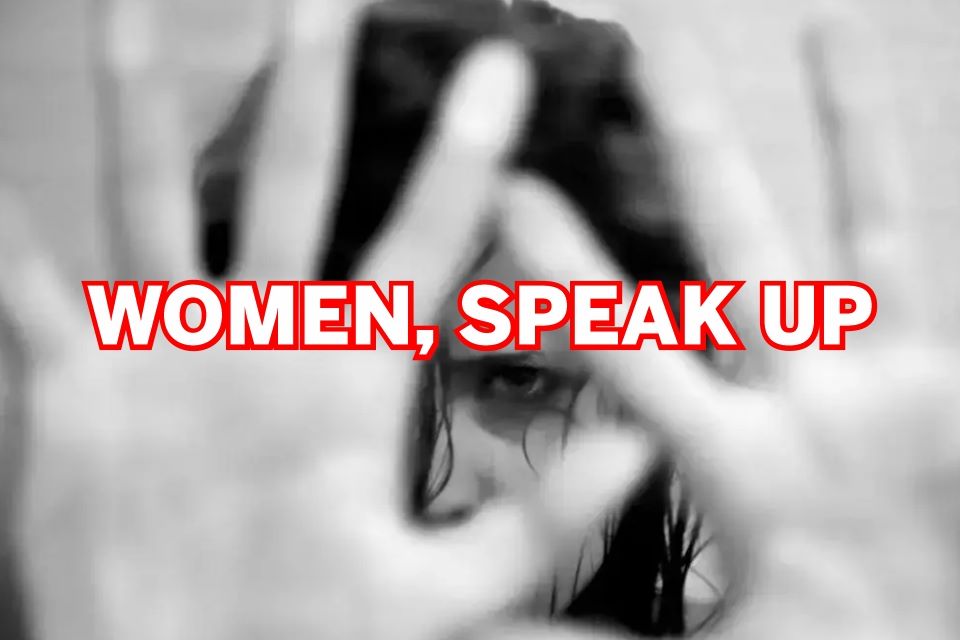Union Minister Smriti Irani alleged that Congress MP Rahul Gandhi blew a flying kiss while leaving Parliament after his speech on the No-Confidence Motion.
“Only a misogynist man can blow a flying kiss to Parliament that seats women MPs,” Smriti Irani said, referring to Rahul Gandhi.
“Parliament has never witnessed such misogyny. Never before has the ‘misogynistic behaviour’ of a man been so visible in Parliament. When the House of the people – where laws are made to protect the dignity of women – during the course of a session stands witness to a man’s misogyny, my question is should he be brought to task?,” she asked.
In the battle for workplace equality and dignity, one battle cry echoes louder than ever – “Speak up against sexual harassment!” This insidious issue, often hidden beneath a cloak of fear and shame, continues to haunt workplaces, eroding the very fabric of professional environments. It’s high time that employees, especially women, rise with unwavering determination and shatter the chains of silence, for in their voices lies the promise of transformation and a workplace free from the chains of harassment.
The silence surrounding workplace sexual harassment perpetuates a culture of impunity that favours the tormentors over the tormented. The consequences are far-reaching, tearing at the foundations of trust, self-esteem, and individual agency. Speaking up, therefore, is not just a choice; it’s a responsibility that each individual owes to themselves, their colleagues, and the generations to come.
To speak up is to reclaim power – the power that predators stealthily steal through their actions. By voicing their experiences, victims shift the narrative from one of vulnerability to one of courage and resilience. This transformation doesn’t just impact the survivor; it resonates across the workplace, lighting the torch for others who have suffered in silence, inspiring them to step out of the shadows and into the realm of empowerment.
When individuals speak up, they confront the insidious myths that have perpetuated harassment for far too long. The narrative that victims are somehow to blame or that speaking up is futile is debunked. It is a collective endeavour to smash these barriers, to prove that victims are not alone, that their voices matter, and that justice can be a reality.
Yes, the journey to break the chains of silence is fraught with challenges. Fear of retaliation, skepticism from peers, and the psychological toll can be overwhelming. This is where the weight of responsibility shifts to employers and institutions. Robust support systems, transparent reporting mechanisms, and unflinching action against perpetrators are non-negotiable demands. To foster workplaces free from harassment, employers must reflect a culture where the voices of survivors are valued, not suppressed.
Moreover, allies – male colleagues, supervisors, and bystanders – have a pivotal role in this movement. Their voices amplify the collective outcry against harassment, and their support sends a clear message that abuse will not be tolerated under any circumstances. Change is most effective when it is driven by both survivors and those who stand alongside them.
The call to speak up against workplace sexual harassment is not a solitary note; it’s a symphony of voices demanding justice, equality, and respect. It is a call to dismantle the walls of silence that have stood for far too long, casting a shadow over workplaces. As individuals raise their voices, they breathe life into the principles of accountability and empowerment. This isn’t just a battle for survival; it’s a quest to forge a new reality – one where every individual can work without fear, dignity intact, and aspirations unburdened.




